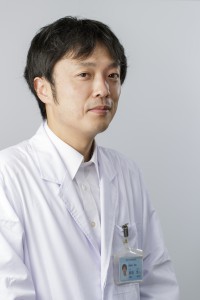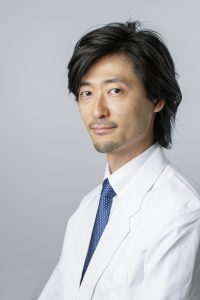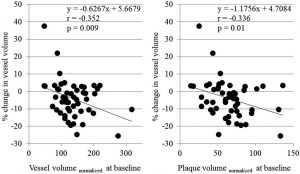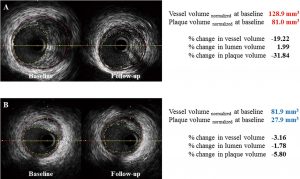Prevalence, clinical features, and prognosis of patients with extremely low high-density lipoprotein cholesterol
of patients with extremely low high-density lipoprotein cholesterol
Tada H, Kawashiri MA, Konno T, Nohara A, Inazu A, Mabuchi H, Yamagishi M, Hayashi K.
J Clin Lipidol. 2016 Nov – Dec;10(6):1311-1317. ![]()
Impact Factor (2016): 5.812![]()
Abstract
BACKGROUND:
Little data exist on the clinical features of patients with an extremely low level of high-density lipoprotein (HDL) cholesterol (<20 mg/dL).
OBJECTIVE:
To assess the clinical characteristics of Japanese patients with extremely low HDL cholesterol levels.
METHODS:
In this observational study of 429 patients with extremely low HDL cholesterol levels among 43,368 subjects whose HDL cholesterol was measured for any reason at Kanazawa University Hospital from April 2004 to March 2014, we investigated the presence of coronary artery disease, chronic kidney disease, the potential causes of reduced HDL cholesterol, their prognosis, and the cause of death.
RESULTS:
Most patients (n = 425, 99%) exhibited secondary causes, including malignancies (n = 157, 37%), inflammatory diseases (n = 219, 51%), or other critical situations, such as major bleeding (n = 58, 14%). During the median 175-day follow-up period, 106 patients died. The causes of death in 80 (75%) patients were malignancies, inflammatory diseases, or major bleeding, in contrast to a relatively low incidence of death from atherosclerotic cardiovascular disease (n = 10, 10%). Multiple regression analysis showed that the presence of malignancy and HDL cholesterol was independently associated with death, in addition to age. The cumulative survival curve revealed that patients with an HDL cholesterol of <15 mg/dl, determined using the receiver-operating characteristic curve, had significantly higher mortality than those whose HDL cholesterol level was ≥15 mg/dL.
CONCLUSIONS:
Extremely low HDL cholesterol levels could be a useful marker for poor prognosis, not necessarily related to cardiovascular diseases.




 Comprehensive genotyping in dyslipidemia: mendelian dyslipidemias caused by rare variants and Mendelian randomization studies using common variants
Comprehensive genotyping in dyslipidemia: mendelian dyslipidemias caused by rare variants and Mendelian randomization studies using common variants Dyslipidemias, especially hyper-low-density lipoprotein cholesterolemia and hypertriglyceridemia, are important causal risk factors for coronary artery disease. Comprehensive genotyping using the ‘next-generation sequencing’ technique has facilitated the investigation of Mendelian dyslipidemias, in addition to Mendelian randomization studies using common genetic variants associated with plasma lipids and coronary artery disease. The beneficial effects of low-density lipoprotein cholesterol-lowering therapies on coronary artery disease have been verified by many randomized controlled trials over the years, and subsequent genetic studies have supported these findings. More recently, Mendelian randomization studies have preceded randomized controlled trials. When the on-target
Dyslipidemias, especially hyper-low-density lipoprotein cholesterolemia and hypertriglyceridemia, are important causal risk factors for coronary artery disease. Comprehensive genotyping using the ‘next-generation sequencing’ technique has facilitated the investigation of Mendelian dyslipidemias, in addition to Mendelian randomization studies using common genetic variants associated with plasma lipids and coronary artery disease. The beneficial effects of low-density lipoprotein cholesterol-lowering therapies on coronary artery disease have been verified by many randomized controlled trials over the years, and subsequent genetic studies have supported these findings. More recently, Mendelian randomization studies have preceded randomized controlled trials. When the on-target Effect of Reverse Vessel Remodeling on Regression of Coronary Atherosclerosis in Patients Treated With Aggressive Lipid- and Blood Pressure-Lowering Therapy - Insight From MILLION Study
Effect of Reverse Vessel Remodeling on Regression of Coronary Atherosclerosis in Patients Treated With Aggressive Lipid- and Blood Pressure-Lowering Therapy - Insight From MILLION Study



















